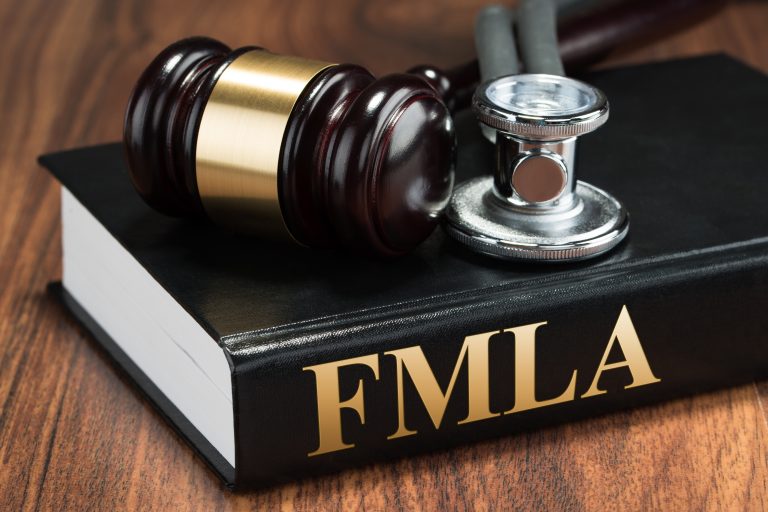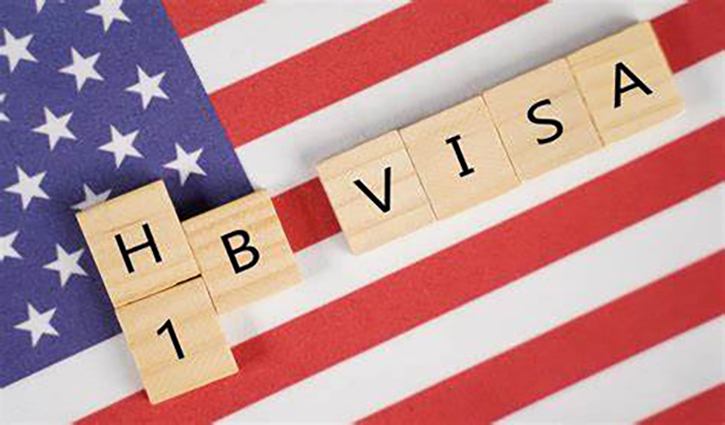The IRS has issued Revenue Ruling 2025-4, providing long-awaited guidance on the federal tax treatment of contributions and benefits under state paid family and medical leave (PFML) programs. The ruling addresses how federal income and employment tax rules apply to the programs and includes guidance on related reporting requirements. The guidance was issued on Jan. 15, 2025.
If your company is based in or does business in one of the following states, this IRS Revenue Ruling may impact you. Currently, these 13 states plus the District of Columbia have State PFML programs: California, Colorado, Connecticut, Delaware, Maine, Maryland, Massachusetts, Minnesota, New Jersey, New York, Oregon, Rhode Island, and Washington. State legislatures are in session, and additional states could adopt these plans.
The ruling is effective for payments made on or after Jan. 1, 2025, but transitional relief applies for payments during 2025. Currently, 13 states and the District of Columbia have enacted mandatory PFML programs. The ruling does not address state PFML programs that are voluntary.
Highlights
- IRS Revenue Ruling 2025-4 addresses contributions and payments under mandatory state PFML programs.
- Generally, employers and employees may deduct their required PFML contributions.
- Different rules apply depending on whether benefit payments are included as employee income.
- Transitional relief applies to payments in 2025.
Important Dates
Jan. 15, 2025
IRS issued Revenue Ruling 2025-4, addressing the federal tax treatment of contributions and payments under mandatory state PFML programs. Certain transitional relief applies during calendar year 2025.
April 15, 2025
IRS deadline for comments on additional PFML issues.
Action Steps
Employers should study the revenue ruling so they are prepared to comply with federal tax requirements for PFML contributions and payments. In particular, employers should act to ensure that their payroll and W-2 form practices meet the withholding and reporting requirements detailed in the guidance.
The IRS is soliciting comments on additional situations and aspects of state PFML that are not covered in the revenue ruling. Employers may submit their written comments by April 15, 2025.
Effective Dates
The revenue ruling states that it is effective for payments made on or after Jan. 1, 2025; however, the ruling provides the transition relief detailed below for payments made during calendar year 2025:
- Medical leave benefit payments made in 2025 attributable to an employer’s contribution—States and employers are not required to follow the income tax withholding and reporting requirements applicable to third-party sick pay. Neither the state nor the employer will be liable for any associated penalties under Code § 6721 for failure to file a correct information return or under § 6722 for failure to furnish a correct payee statement to the payee.
- Medical leave benefit payments made in 2025 attributable to an employer’s contribution—States and employers are not required to comply with § 32.1 and related Code sections (as well as similar requirements under § 3306) during the calendar year or to withhold and pay associated taxes; consequently, associated penalties will not apply.
- Employer pick-up payments made during calendar year 2025—Employers are not required to treat amounts they voluntarily pay for any part of an employee’s required PFML contribution as wages for federal employment tax purposes under §§ 3121(a), 3306(b) and 3401(a).
Comments Requested
The IRS is soliciting comments on additional situations and aspects of state PFML programs that are not covered in Revenue Ruling 2025-4. The comments may be submitted electronically via the federal e-rulemaking portal at https://www.regulations.gov. Comments may also be submitted by mail to the following address: Internal Revenue Service, CC:PA:LPD:PR (Revenue Ruling 2025-4 PDF), Room 5203, P.O. Box 7604, Ben Franklin Station, Washington, D.C., 20044. Comments should be submitted in writing on or before April 15, 2025.
To learn more about this topic, download this pdf.












